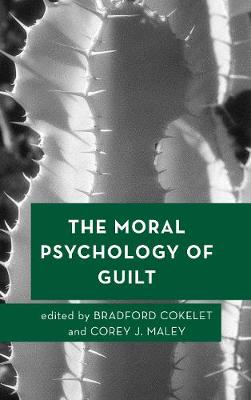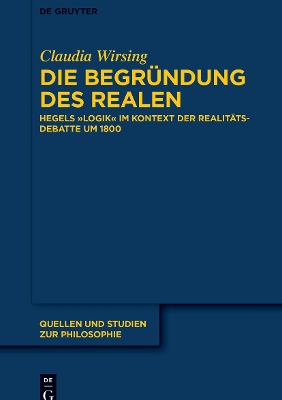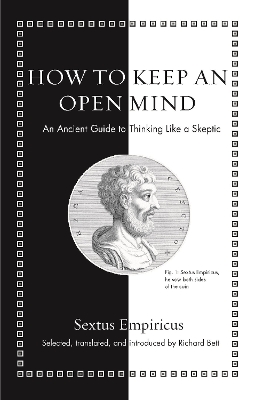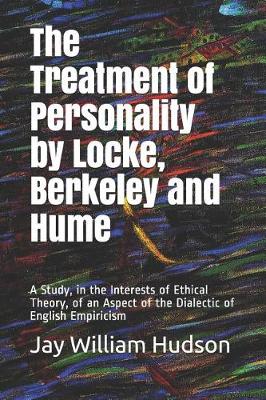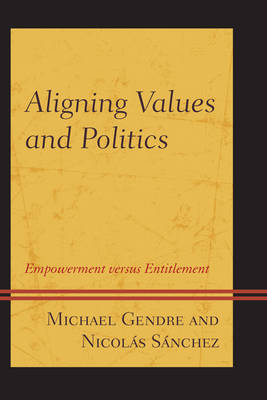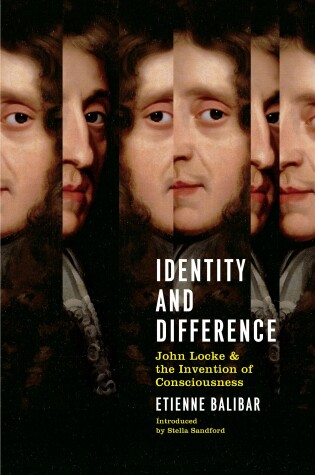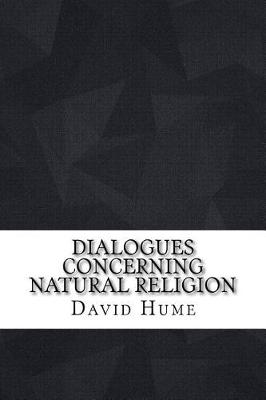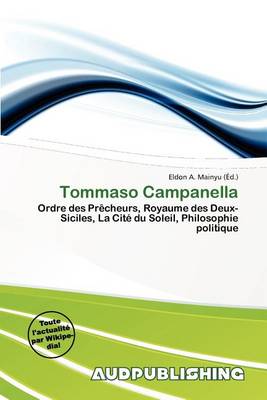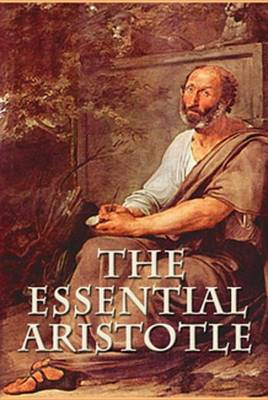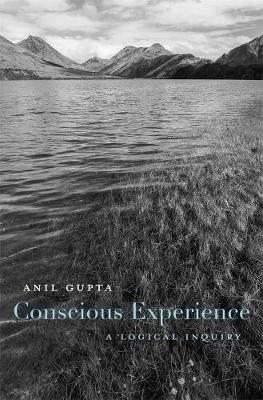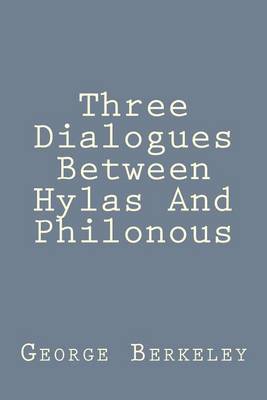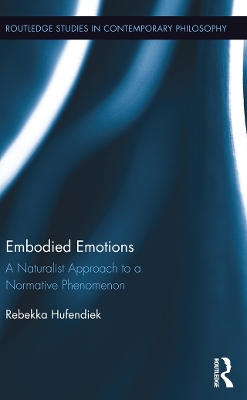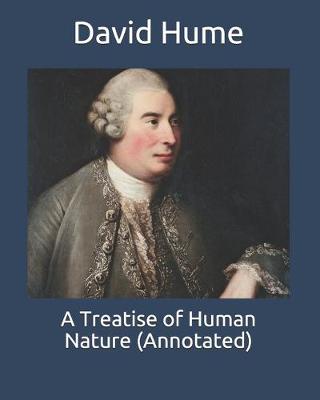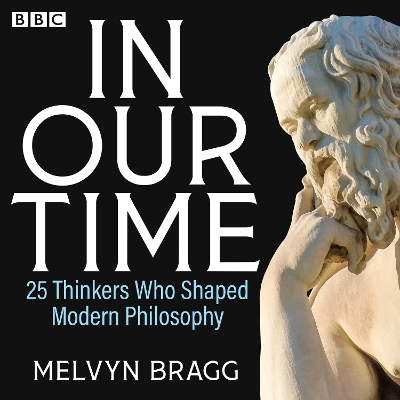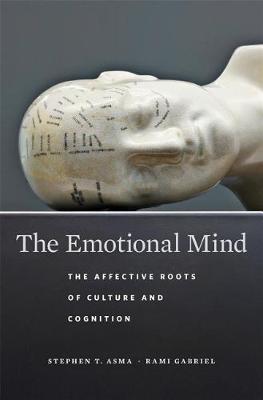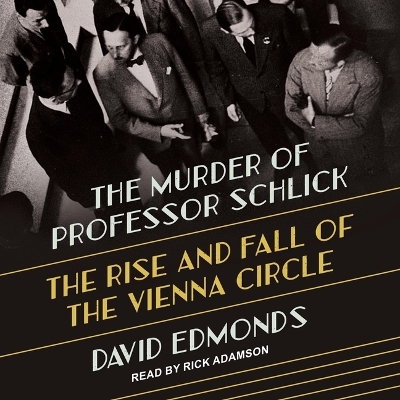In most Western societies, guilt is widely regarded as a vital moral emotion. In addition to playing a central role in moral development and progress, many take the capacity to feel guilt as a defining feature of morality itself: no truly moral person escapes the pang of guilt when she has done something wrong. But proponents of guilt's importance face important challenges, such as distinguishing healthy from pathological forms of guilt, and accounting for the fact that not all cultures value gu...
Die Begrundung des Realen (Quellen Und Studien Zur Philosophie, #147)
How to Keep an Open Mind (Ancient Wisdom for Modern Readers)
by Sextus Empiricus
How ancient skepticism can help you attain tranquility by learning to suspend judgmentAlong with Stoicism and Epicureanism, Skepticism is one of the three major schools of ancient Greek philosophy that claim to offer a way of living as well as thinking. How to Keep an Open Mind provides an unmatched introduction to skepticism by presenting a fresh, modern translation of key passages from the writings of Sextus Empiricus, the only Greek skeptic whose works have survived.While content in daily lif...
A practical, hands-on guide to lighting for video, this book explores how LEDs are changing the aesthetics of lighting and provides students with an indispensable guide to the everyday techniques required to produce professional-quality lighting in the age of LEDs and wireless control options. The book focuses on first-hand application of technical knowledge, beginning with simple lighting setups and progressing to more complicated scenarios, and features accompanying diagrams, illustrations an...
Treatise of Human Nature (Oxford Philosophical Texts) (Classics)
by David Hume
Brickhouse and Smith argue, contrary to many modern interpretations of Plato's "Apology of Socrates", that Plato's Socrates offers a sincere defence against the charges he faces. In doing so the book offers an exhaustive historical and philosophical interpretation of and commentary on Plato's "Apology". The authors demonstrate that Socrates' moral and religious principles prohibit him from needlessly risking a negative vote at his trial. By providing a complete commentary, they show that each sp...
On Constructive Interpretation of Predictive Mathematics (1990)
by Charles Parsons
First published in 1990, this book consists of a detailed exposition of results of the theory of "interpretation" developed by G. Kreisel - the relative impenetrability of which gives the elucidation contained here great value for anyone seeking to understand his work. It contains more complex versions of the information obtained by Kreisel for number theory and clustering around the no-counter-example interpretation, for number-theorectic forumulae provide in ramified analysis. It also proves t...
Aligning Values and Politics argues that empowering individuals for self-actualization is an indispensable tool for attaining freedom; therefore, politics must align with the promotion of self-actualization. Private property rights have in the past helped people to develop skills, but such rights were abused. Once these rights are combined with an ethics of responsibility, the book opens the doors to a nonpartisan analysis of income inequality, inheritance, race relations, abortion and governanc...
John Locke's foundational place in the history of British empiricism and liberal political thought is well established. So, in what sense can Locke be considered a modern European philosopher? Identity and Difference argues for reassessing this canonical figure. Closely examining the "treatise on identity" added to the second edition of An Essay Concerning Human Understanding, Etienne Balibar demonstrates Locke's role in the formation of two concepts central to the metaphysics of the subject-con...
Dialogues Concerning Natural Religion (In Focus) (HPC philosophical classics)
by David Hume
Humankind has pondered many mysteries, but few more enticing than the existence of a divine creator who is said to have set the universe in motion. Imitating the well-known style of Platonic dialogues, the relentless inquirer and empiricist David Hume assembles a group to discuss the existence of God, his divine nature, his attributes, and the point of his creation. How do we come to have knowledge of God? Who has the burden of proof with respect to these matters of intense religious significanc...
A distinguished philosopher offers a novel account of experience and reason, and develops our understanding of conscious experience and its relationship to thought: a new reformed empiricism.The role of experience in cognition is a central and ancient philosophical concern. How, theorists ask, can our private experiences guide us to knowledge of a mind-independent reality? Exploring topics in logic, philosophy of mind, and epistemology, Conscious Experience proposes a new answer to this age-old...
Three Dialogues Between Hylas And Philonous (Oxford Philosophical Texts) (Oxford Philosphical Texts)
by George Berkeley
Throughout history, but most especially during the eighteenth-century Enlightenment, great minds of philosophy grappled with two thorny questions: What are the objects of knowledge? and How do we come to know them? Using the revealing dialogue technique, Berkeley shakes the very ground of those who believe that something called matter exists to support the sensible qualities we perceive. In his critique of this view, Berkeley argues for ideas in the mind as the only true reality about which one...
Embodied Emotions (Routledge Studies in Contemporary Philosophy)
by Rebekka Hufendiek
In this book, Rebekka Hufendiek explores emotions as embodied, action-oriented representations, providing a non-cognitivist theory of emotions that accounts for their normative dimensions. Embodied Emotions focuses not only on the bodily reactions involved in emotions, but also on the environment within which emotions are embedded and on the social character of this environment, its ontological constitution, and the way it scaffolds both the development of particular emotion types and the unfold...
In Our Time: 25 Thinkers Who Shaped Modern Philosophy
by Melvyn Bragg
Melvyn Bragg and guests chart 500 years of Western philosophy through its most influential ideas and theorists'Listen to this and you'll never regret it' The IndependentFirst aired in 1998, In Our Time has become one of Radio 4's most beloved and enduring shows, regularly attracting an audience of over 2 million. Each week, Melvyn Bragg and his panel of guest experts take part in an erudite, stimulating discussion on subjects ranging from the Peasants' Revolt to plate tectonics, taking...
Tracing the leading role of emotions in the evolution of the mind, a philosopher and a psychologist pair up to reveal how thought and culture owe less to our faculty for reason than to our capacity to feel.Many accounts of the human mind concentrate on the brain's computational power. Yet, in evolutionary terms, rational cognition emerged only the day before yesterday. For nearly 200 million years before humans developed a capacity to reason, the emotional centers of the brain were hard at work....
